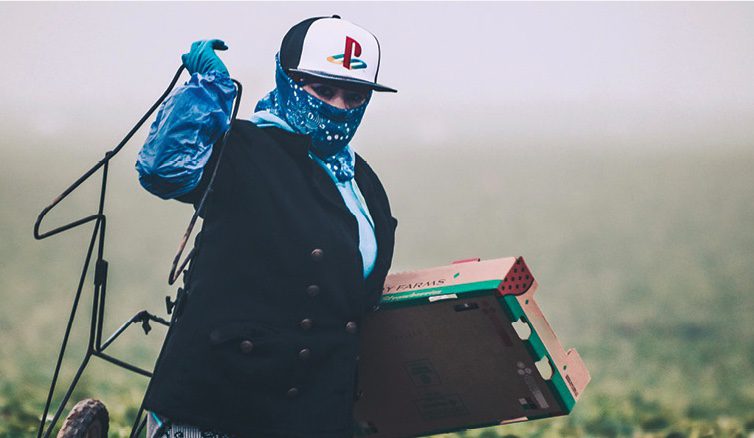
The Human Cost 2 new EU laws aim to reshape global business by enforcing ethical supply chains, focusing on human rights and sustainability
Two new EU laws passed this year are poised to transform global business. By shaking up legal frameworks and corporate supply chains, the Corporate Sustainability Due Diligence Directive and the EU Forced Labour Regulation could fundamentally change how companies operate.
These laws mark a pivotal moment in the fight for a more ethical global supply chain industry and promoting human rights and environmental sustainability. General counsel and lawyers who provide an outside perspective must understand the basics of forced labor and reconsider their strategic goals and operations to ensure that human rights are no longer violated in the name of commerce.
For nearly a century, global authorities have waged a battle against forced labor, a grievous violation of human rights. Notable early efforts to eradicate the practice include the Tariff Act of 1930 in the United States and the European Convention on Human Rights (ECHR), adopted in 1950. Article 4 of the ECHR specifically bans forced or compulsory labor, establishing a crucial legal benchmark for human rights across Europe.
